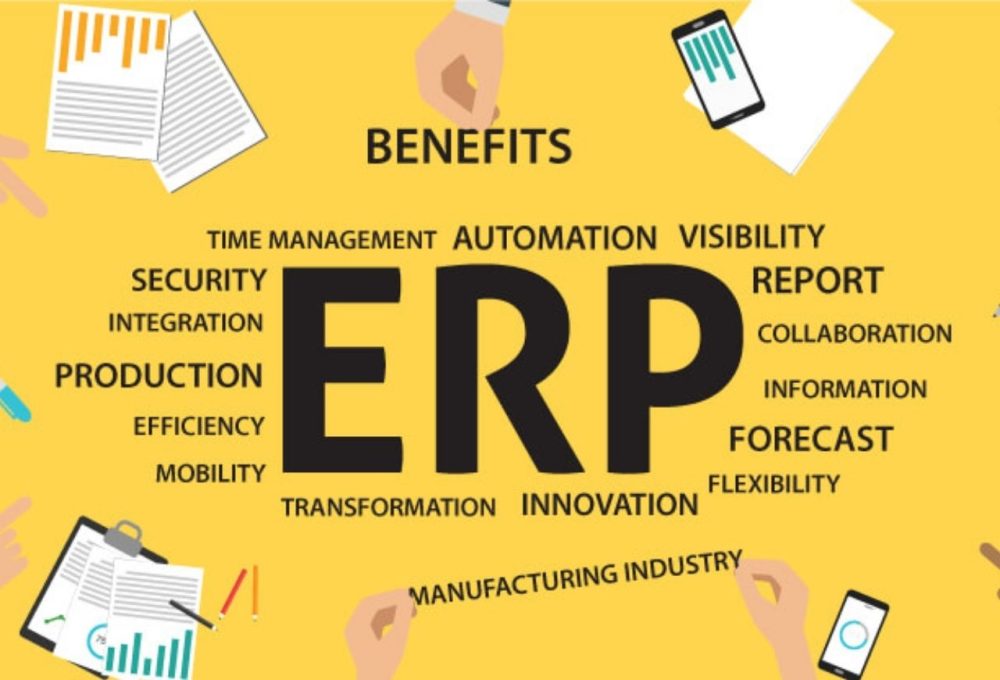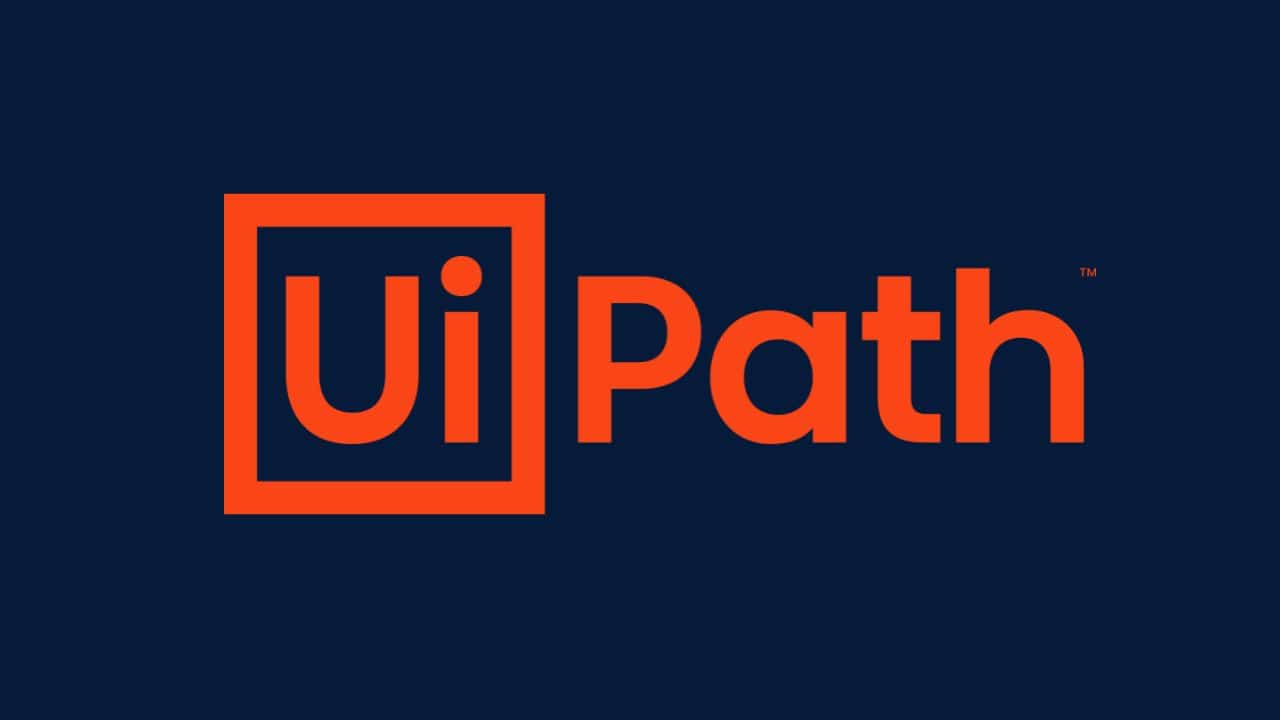Enterprise Resource Planning (ERP): It’s become core to business operations of just about all sizes – simply put, ERP is a software system. It consists of several components or modules, which tie together all facets of an organization, including:
- Financials
- Operations
- Inventory
- Human resources
The myriad day-to-day activities of a business enterprise may be integrated through a common ERP platform, allowing a 360-degree view of all processes. The most versatile ERP software systems offer a wide range and variety of modules, geared to the specific needs of the end-user. Different business sectors require different foci, such as:
- Financial Management
- Retail and distribution
- Manufacturing
- Services
- Software
Industries as diverse as:
- Construction, or other types of contracting
- Cannabis/CBD processing
- Wholesale distribution
- Energy sector
- Healthcare
- Manufacturing
- Food and beverage
- E-commerce
- Media and publishing
You name it; if you have a complex business structure in need of a uniting software package to tie it all together, an ERP system has become absolutely essential. The sad alternative is to have your different business units, departments, and divisions, all operating in their own silos, with little chance of effective or improved communication and efficiency. However, by implementing an ERP system with integration capabilities with your business spend management solution, you can break down those silos and create a unified platform where data flows seamlessly between departments. This integration ensures that all areas of your organization, from procurement to finance, can collaborate effectively, make informed decisions, and drive overall business success. Find out more at: https://www.coupa.com/
The very best ERP tools also offer the option of being 100% cloud-based, offering maximum flexibility – connections can be made to the system from anywhere on the globe that has internet access.
Gaining Control of Process, Gaining Efficiencies through ERP
ERP gives you the ability to collect information, from multiple sources, in a common database. When it’s all united, you can take advantage of the system’s detailed analytics and reporting capability – automated, so that you realize tangible savings of both time and money, versus your current manual data-entry analysis regimen.
The basic components of an effective ERP system are, in fact, operating systems, made up of multiple modules and applications chosen by your organization’s leadership. They should be designed to fit your specific industry and business challenges. Consider, for example, the difference between a company selling products, and one selling services. Each has its own special requirements; a good Enterprise Resource Planning system, such as NetSuite ERP, comes with the flexibility to arrive at customized information management systems for each.
Developing Your ERP Strategy
The elements of a successful ERP strategy will depend on your organization’s targets, goals, and expectations. Your IT team should be involved from the outset – it’s important to identify just what type of upgrade your system can handle. There are also budget realities to consider. Implementation of an up-to-date ERP system is a substantial investment; the overall budget, and the possibility of going over that number, should be taken into account in advance.
You’ll need to get your team together, and partner with an ERP vendor that’s right for your specific size and type of enterprise. This is an important step – you’ll want both expertise and responsiveness from that partner.










































